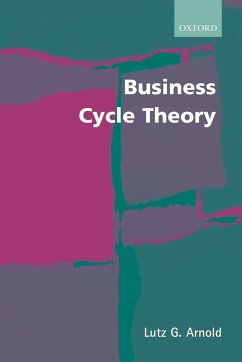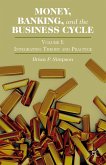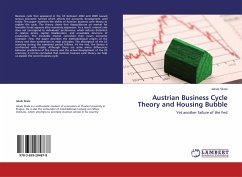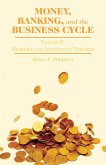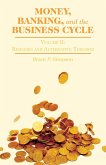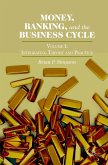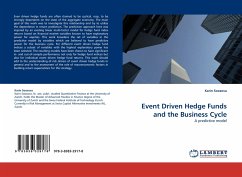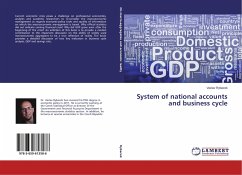Business cycle theory is a broad and disparate field. Different schools of thought offer alternative explanations for cycles, often using different mathematical methods. This book provides academics and graduate students of economics with a compact and accessible exposition of business cycle theory since Keynes.
The author places the main theories - Keynesian economics, monetarism, new classical economics, the real business cycles theory, and new Keynesian economics - in an historical context by presenting them in the chronological order of their appearance and highlighting their differences and commonalities. He minimizes the necessary mathematical prerequisites by using a unifying mathematical approach: stochastic second-order difference equations, which is explained in detail. Throughout the book,
the international dimension of business cycles is acknowledged. The theoretical results obtained are set alongside empirical facts in separate boxes. Each chapter finishes with a set of problems designed to deepen the reader's understanding of the theories presented, and further reading sections
which provide access to related material.
The author places the main theories - Keynesian economics, monetarism, new classical economics, the real business cycles theory, and new Keynesian economics - in an historical context by presenting them in the chronological order of their appearance and highlighting their differences and commonalities. He minimizes the necessary mathematical prerequisites by using a unifying mathematical approach: stochastic second-order difference equations, which is explained in detail. Throughout the book,
the international dimension of business cycles is acknowledged. The theoretical results obtained are set alongside empirical facts in separate boxes. Each chapter finishes with a set of problems designed to deepen the reader's understanding of the theories presented, and further reading sections
which provide access to related material.

